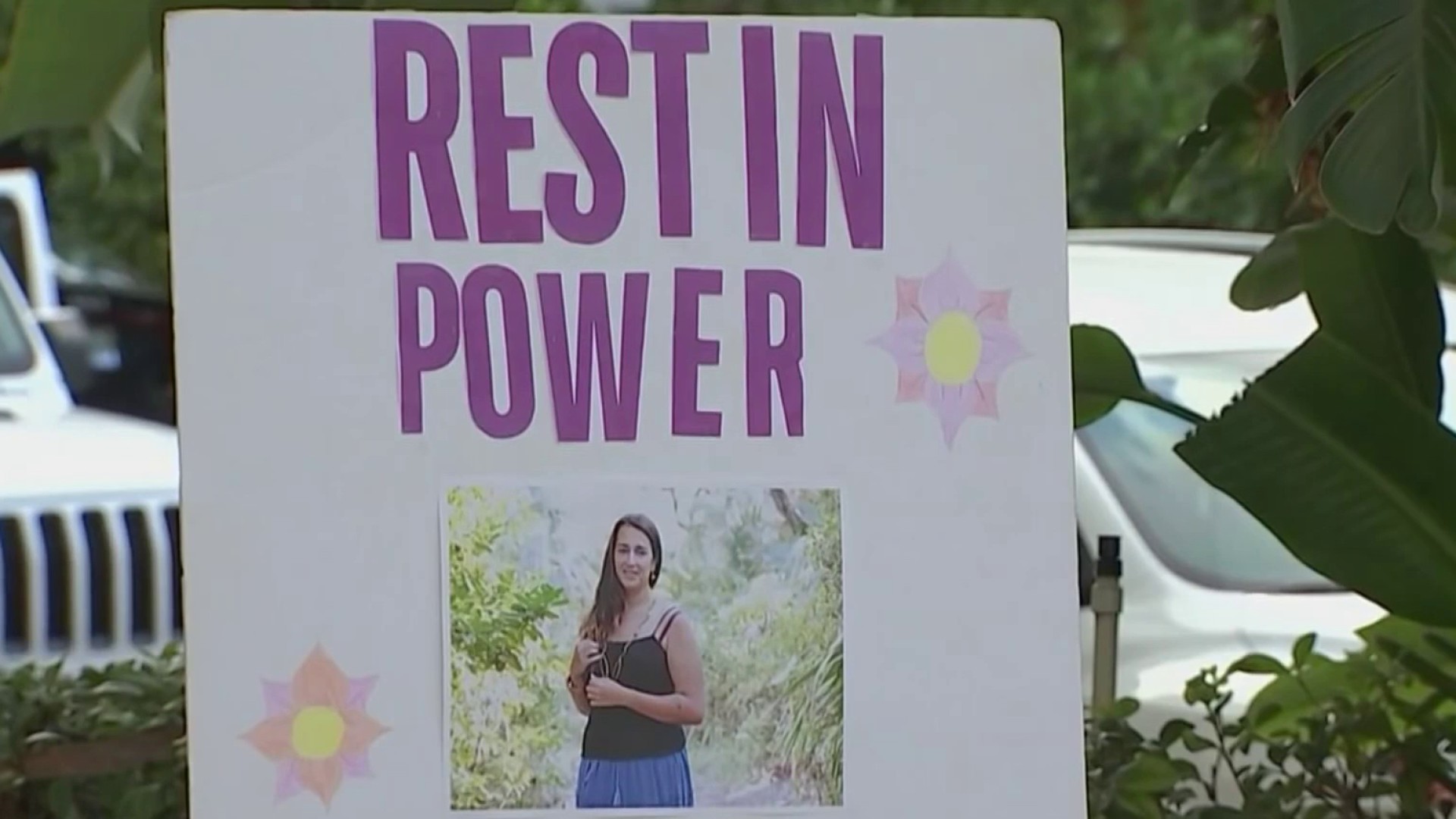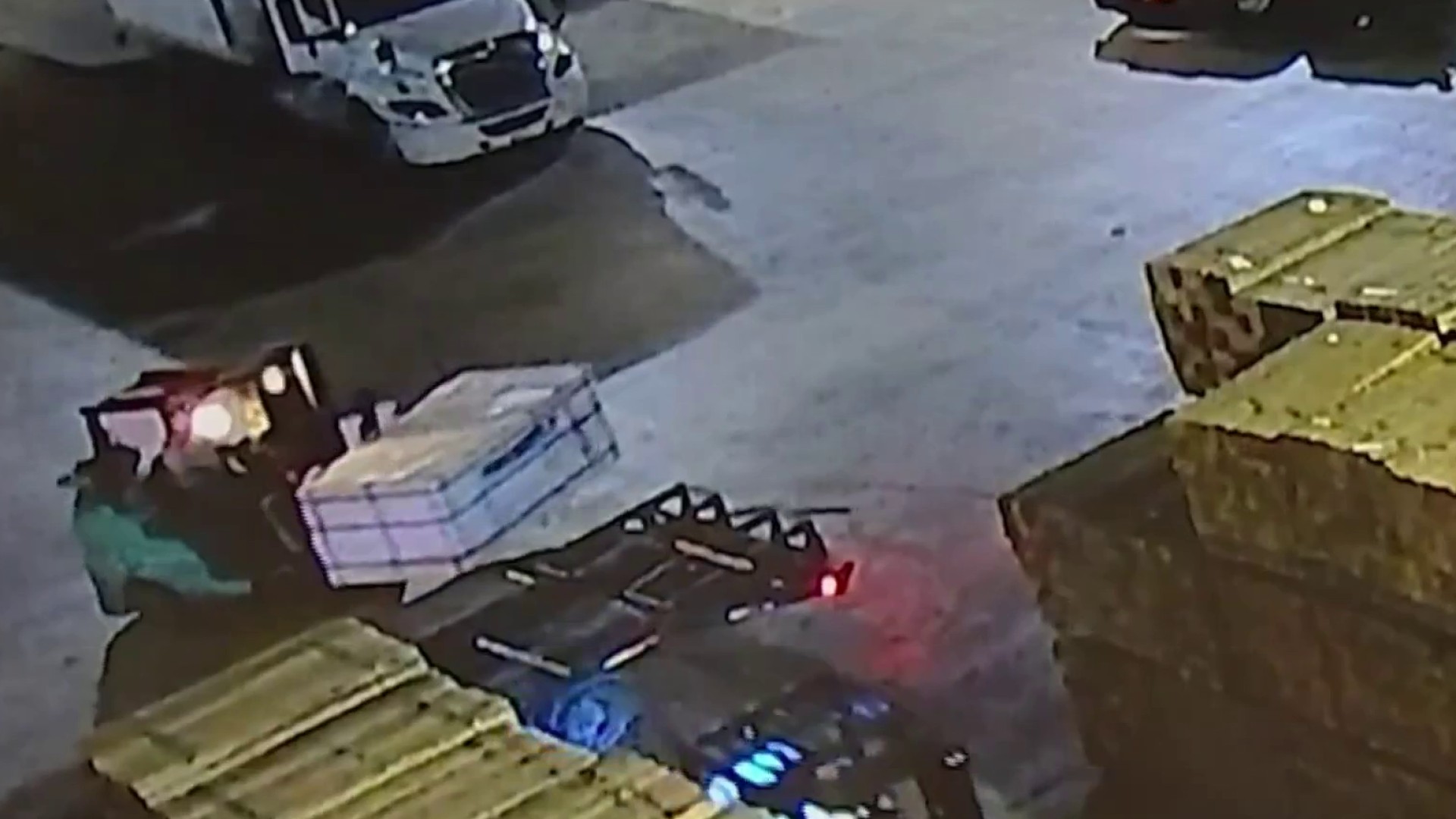A federal trial began Wednesday for a married couple accused of orchestrating a $300 million fraud involving thousands of investors who were promised big profits by purchasing dilapidated properties in the Florida Keys and elsewhere that would be transformed into luxurious resorts.
Instead, prosecutors say Fred Davis "Dave" Clark Jr., former president of now-defunct Cay Clubs Resorts and Marinas, and Cristal Clark, a top sales agent, defrauded banks and about 1,400 individual investors through a series of misleading marketing materials and false statements. The investors in some cases were promised quick returns of 15 to 20 percent, according to court documents.
One such brochure, according to the documents, trumpeted that Clearwater-based Cay Clubs would allow people to "Retire Rich and Young in Paradise!" In fact, Assistant U.S. Attorney Jerrob Duffy told jurors in an opening statement, the company knew as early as 2007 it could not meet all its obligations and would never transform its decayed properties into luxury resorts.
"This case is about greed. It is about lies and deception,'' Duffy said. "It is about telling those lies to others so the defendants could get rich on other people's money."
Eventually, the company allegedly became a Ponzi scheme in which money from newer investors was used to pay off older ones, with no new profits or loans coming in. The company's resorts were supposed to be in 17 locations in Florida, Las Vegas and the Caribbean.
The Clarks previously pleaded not guilty to bank fraud, mail fraud and conspiracy charges. If convicted, they each face potentially decades in federal prison. The trial before U.S. District Judge Jose E. Martinez is expected to last about six weeks.
Dave Clark's attorney, Valentin Rodriguez, said the planned Cay Clubs developments were legitimate, had been appraised by banks, and only appeared to be selling at highly inflated prices because of the real estate bubble of the mid-2000s. The company's problems and eventual collapse, he said, were caused by the financial recession, not any criminal acts.
Local
"Yes, Cay Clubs failed. Failure is not a crime,'' Rodriguez said. "Mr. Clark was completely forthright in everything he did."
Cristal Clark's attorney, Assistant Federal Public Defender Manuel Arteaga-Gomez, said she relied on her husband and her husband's financial and legal advisers for the actions she took.
"She never intended to defraud any banks, any people who purchased units,'' he said. "She's innocent."
In June 2014, Dave Clark was extradited from Panama and Cristal Clark from Honduras to face the U.S. charges and have been jailed as flight risks ever since. After Cay Clubs failed, Dave Clark and two partners formed a Cayman Islands-based company that opened a string of pawn shops across the Caribbean known as CashWiz.
Some of the fraud charges against the Clarks stem from that business. Duffy told jurors the couple was illegally siphoning off for themselves cash the company was making buying and selling gold. Eventually the partners forced Dave Clark out after the Securities and Exchange Commission filed a lawsuit against him over Cay Clubs.
Two former Cays Club executives, Barry J. Graham and Ricky Lynn Stokes, both of Fort Myers, were sentenced to five years each in prison in March after pleading guilty to their roles in the scheme. Both agreed to cooperate with prosecutors in return for lighter sentences and are expected to testify.



